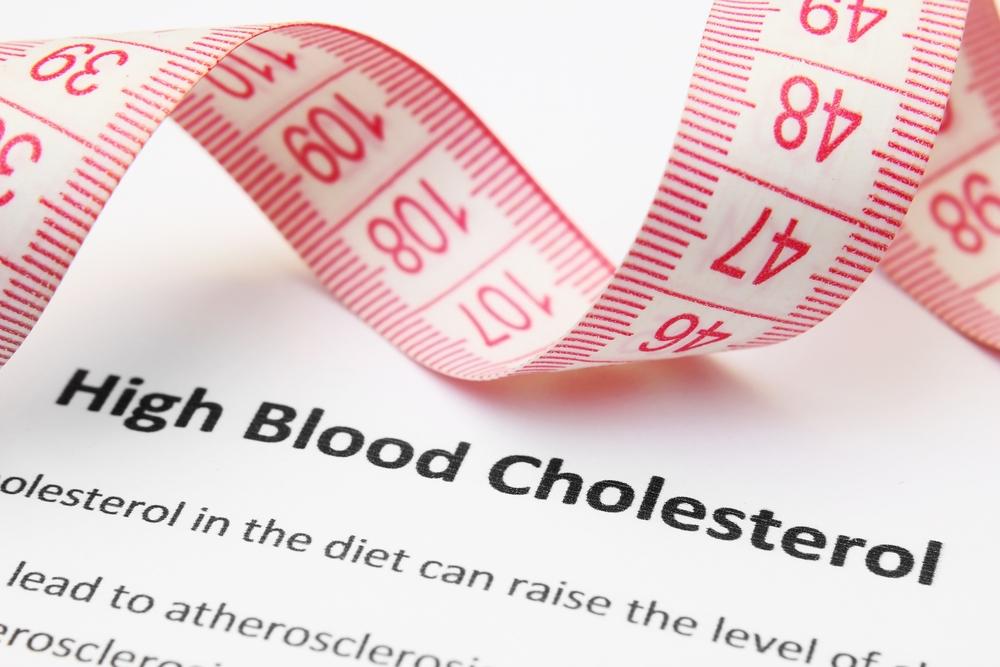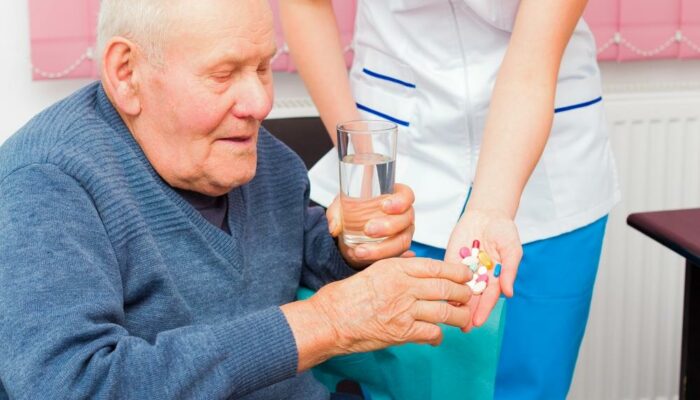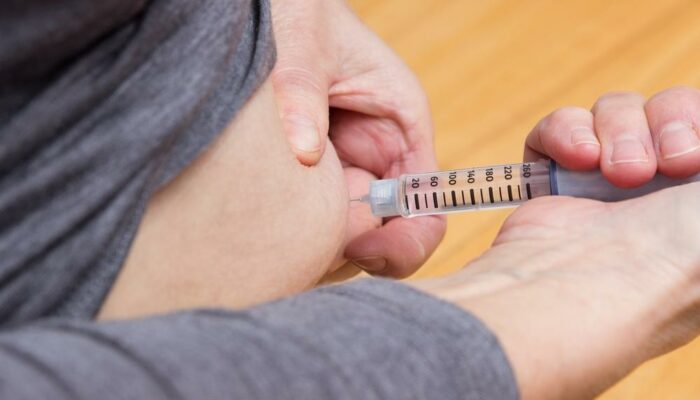
Symptoms and Dangers of High Cholesterol
Cholesterol is a wax-like substance produced by the liver. It plays a vital role in the formation of cell membranes, certain hormones, as well as vitamin D. Cholesterol doesn’t dissolve in water. Lipoproteins are particles that help to transport cholesterol through the bloodstream. There are two major types of lipoproteins. Low-density lipoproteins and high-density lipoproteins. The low-density lipoproteins are also known as “bad cholesterol” as they tend to build up in the arteries and lead to serious health problems. Whereas, the high-density lipoproteins are also known as the good cholesterol as they help to eliminate low-density cholesterol.
There are no such evident symptoms of high cholesterol, however, it can be detected through a blood test. There are various dangers and complicated conditions that can be caused by atherosclerosis. This condition is dangerous as cholesterol tends to deposit on the walls of your arteries. This deposition tends to reduce blood flow through your arteries which can lead to serious complications like-
- Chest pain
If your coronary arteries are affected due to high cholesterol, then you may experience chest pain and other symptoms of coronary artery disease. This is because coronary arteries are the ones that supply blood to your heart. - Heart attack
Due to the build-up of high level of cholesterol in the arteries, the supply of blood to your heart slows down. This process tends to happen slowly overtime and there are no evident symptoms. It is also known as atherosclerosis. Eventually, as the process continues, a piece of the plague that is build up in the arteries, tends to break. When the plague breaks, a blood clot is formed around the plague. This clot blocks the blood flow to the heart muscle and hence, deprives it from oxygen and other essential nutrients. This process of deprivation is known as ischemia. This tends to cause heart attack as the heart gets damaged or a part of the heart begins to die due to the lack of oxygen. Signs of a heart attack are difficulty in breathing, feeling tightness and pain in chest or arms, dizziness, nausea, indigestion, heartburn or even excessive tiredness. However, a heart attack is a medical emergency and these symptoms don’t show up early. The damage a heart attack can cause could be irreversible and even fatal in some cases. If you feel any of the above symptoms of heart attack, it is necessary to consult your doctor immediately. - Stroke
This condition is similar to that of a heart attack. The condition occurs when the build of plague that is caused due to high cholesterol levels tends to reduce or cut off the blood supply to your brain. A stroke being a medical emergency, it is important to act fast and seek medical assistance. The symptoms experienced during a stroke include sudden loss of balance or coordination, feeling dizzy and confused, facial asymmetry, inability to move a particular side of the body, numbness, blurred vision, severe headache, or double vision.
The various risk factors that contribute to high cholesterol are smoking, obesity, lack of exercise, poor diet, large waist circumference, diabetes, etc.




